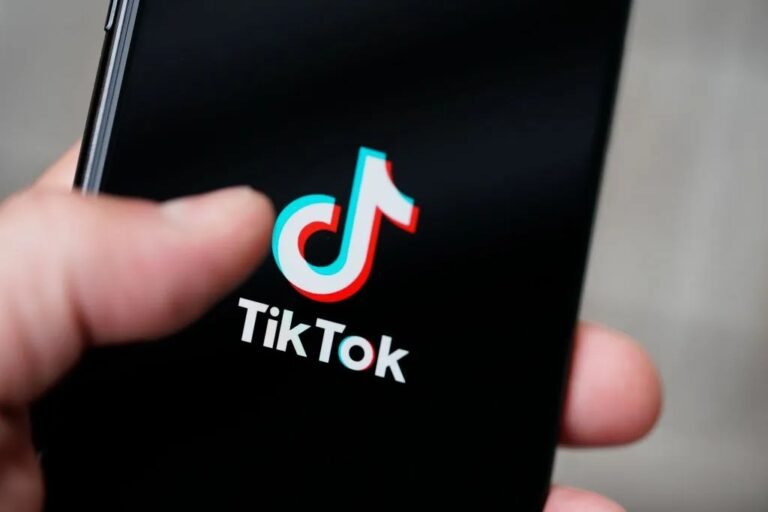
Italy’s competition and consumer authority, the AGCM, has fined TikTok €10 million (almost $11M) following a probe into algorithmic safety concerns.
Moreover, this content is systematically re-proposed to users as a result of their algorithmic profiling, stimulating an ever-increasing use of the social network,” the AGCM wrote.
The authority said its investigation confirmed TikTok’s responsibility in disseminating content “likely to threaten the psycho-physical safety of users, especially if minor and vulnerable”, such as videos related to the “French scar” challenge.
One notable change as a result of the DSA is TikTok offering users non-profiling based feeds.
TikTok also faces the possibility of increasing regulation by Member State level agencies applying the bloc’s Audiovisual Media Services Directive.

We’ll publish several pieces throughout the year as the AI boom continues, highlighting key work that often goes unrecognized.
Mutale Nkonde is the founding CEO of the nonprofit AI For the People (AFP), which seeks to increase the amount of Black voices in tech.
It established AI for the People as a key thought leader around how to develop protocols to guide the design, deployment, and governance of AI systems that comply with local nondiscrimination laws.
There is so much work to be done on reskilling our workforce for a time when AI systems do low-stakes labor-saving tasks.
What information can they give us about how AI systems work and do not work from them, and how can we use these insights to make sure AI truly is for the People?

The European Parliament is calling for new rules to bring more fairness and transparency to music-streaming across the bloc, including proposals for a new bill to force streaming platforms to open up their recommendation algorithms.
The bill would also require Spotify et al to make it clear where a song has been generated by artificial intelligence (AI).
While final details are far from set in stone, this might eventually include setting quotas to showcase a certain amount of work from European artists.
However, the company performed a 180-degree turn when the government gave assurances that music-streaming platforms wouldn’t be expected to cover extra costs resulting from the law.
In response, Spotify vowed to cut back its investment in the French market, starting with pulling support for two music festivals.

Elon Musk has caused quite a stir on Twitter recently due to his strange and unorthodox decisions. This time, the social network’s CEO has announced that Twitter will only show…

Twitter is once again making its algorithmically-generated feed, “For You,” the default on iOS — a move previously attempted and quickly reversed in response to user backlash. Twitter is spicing…








